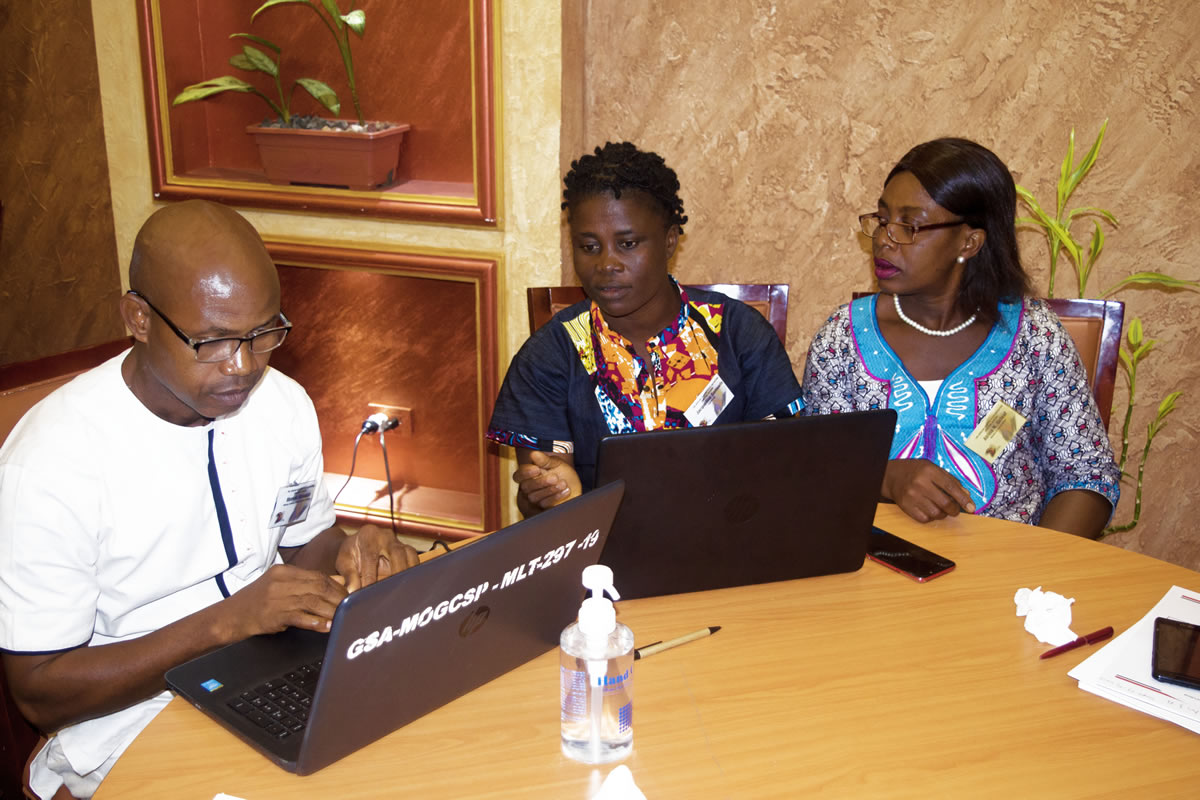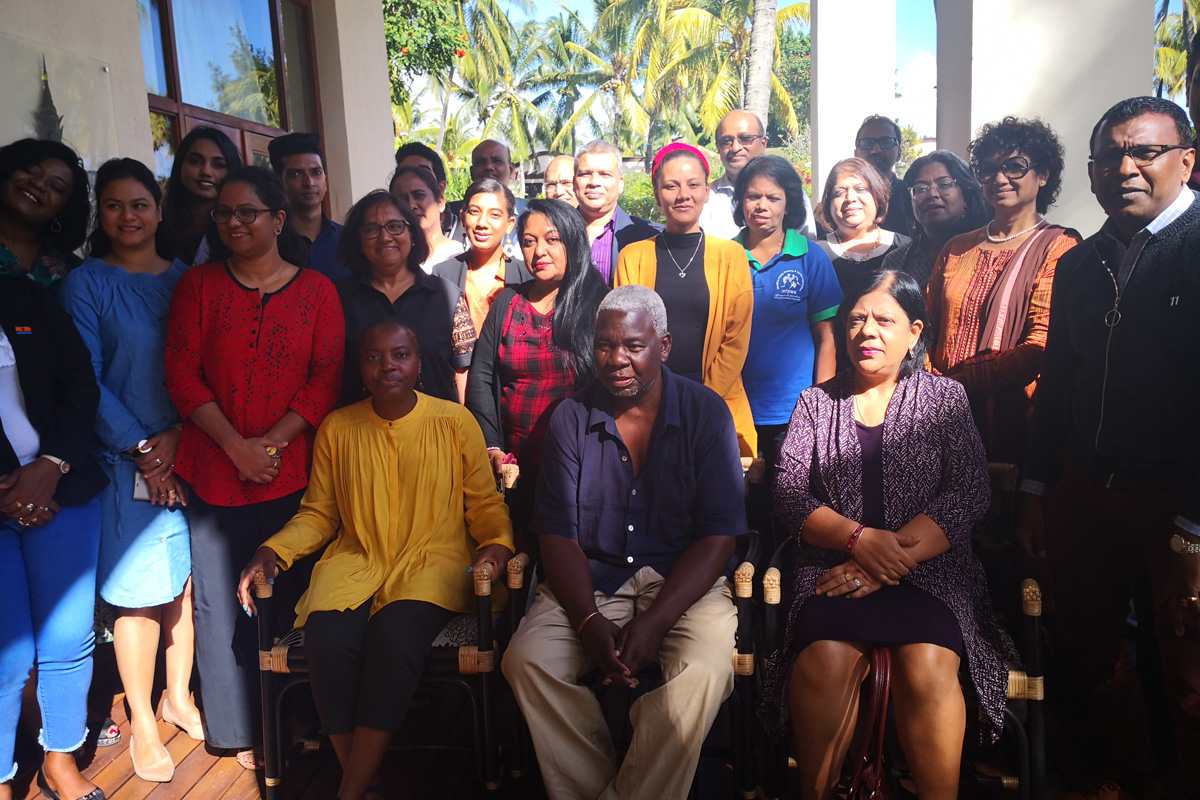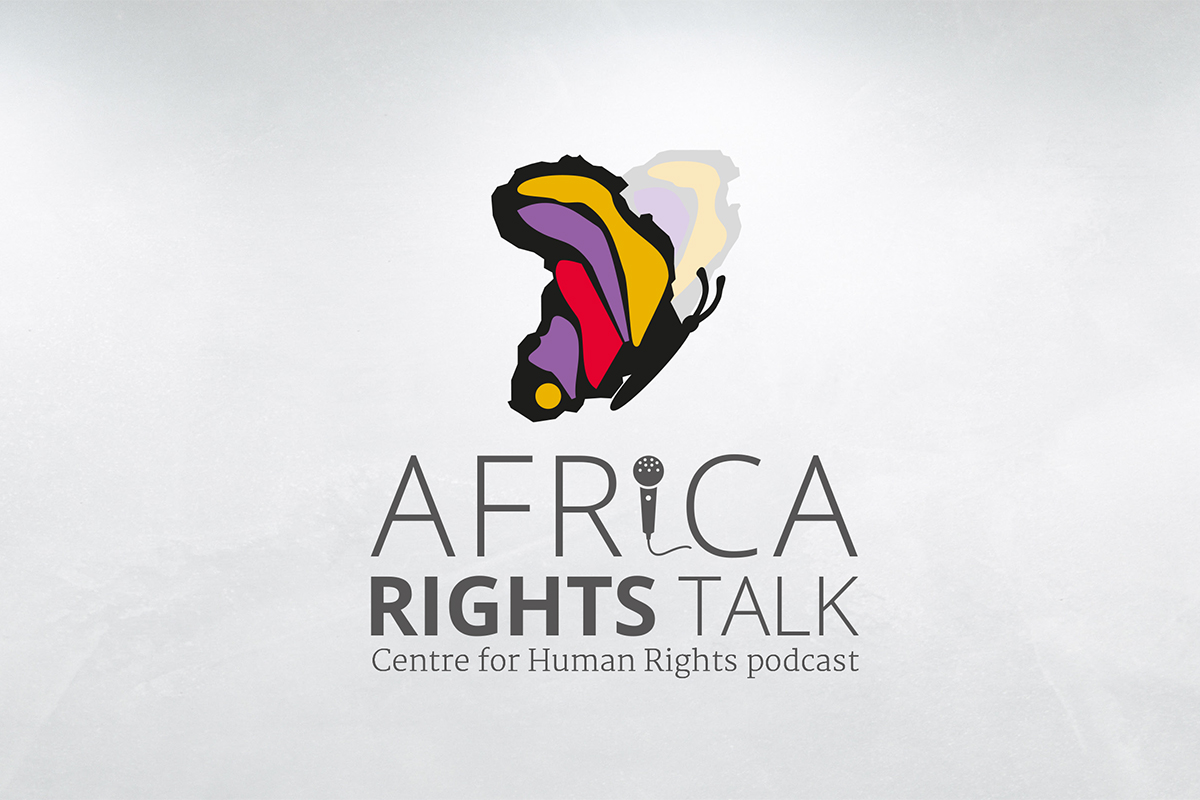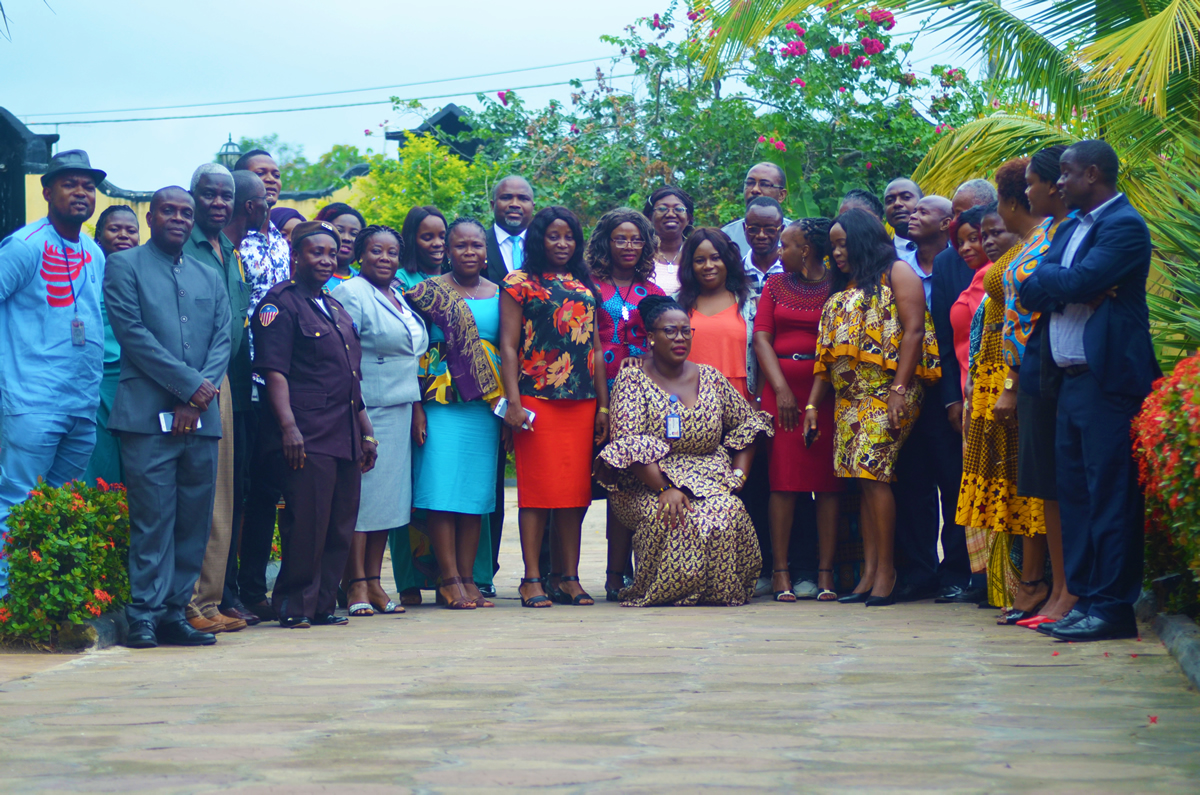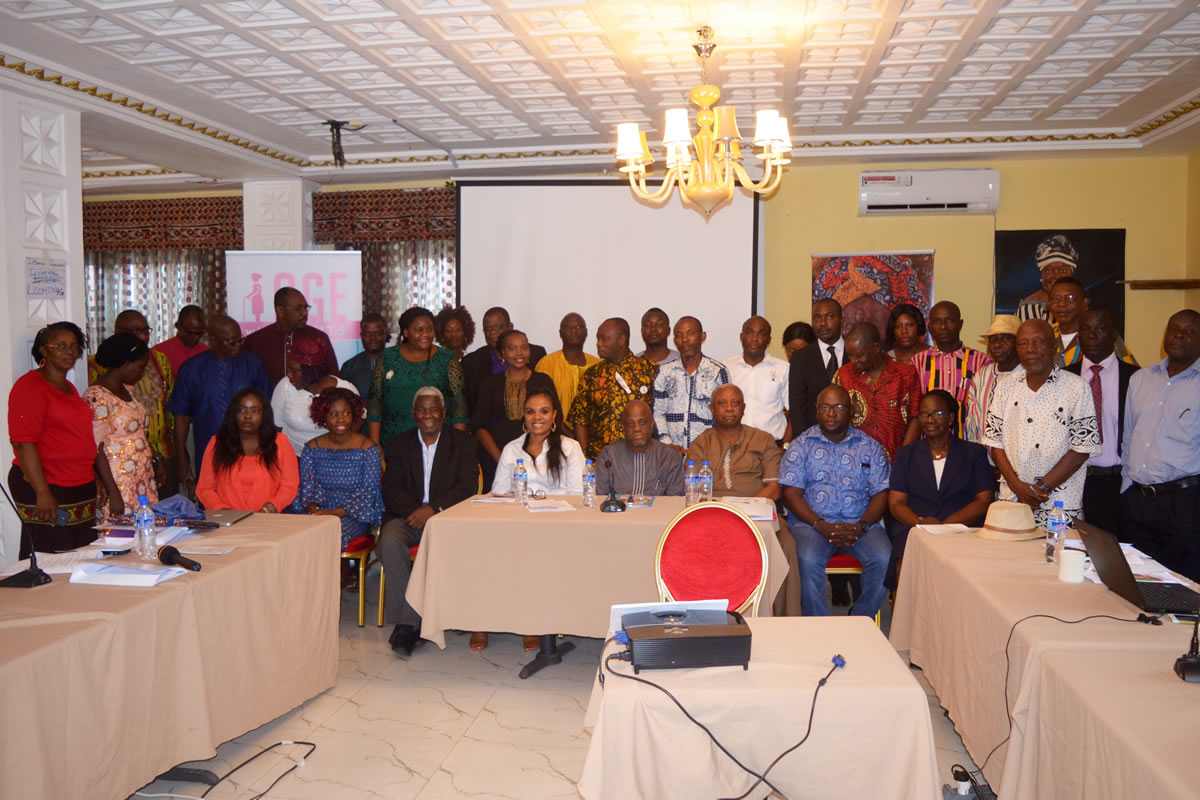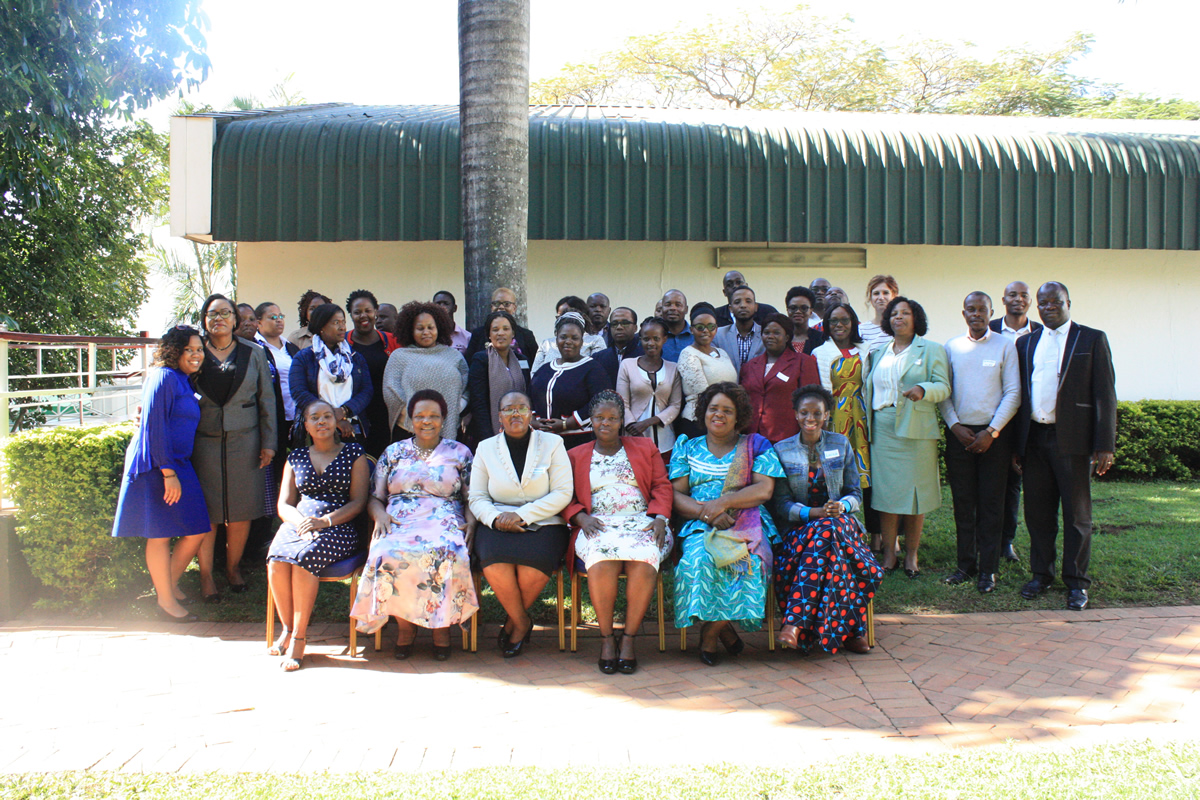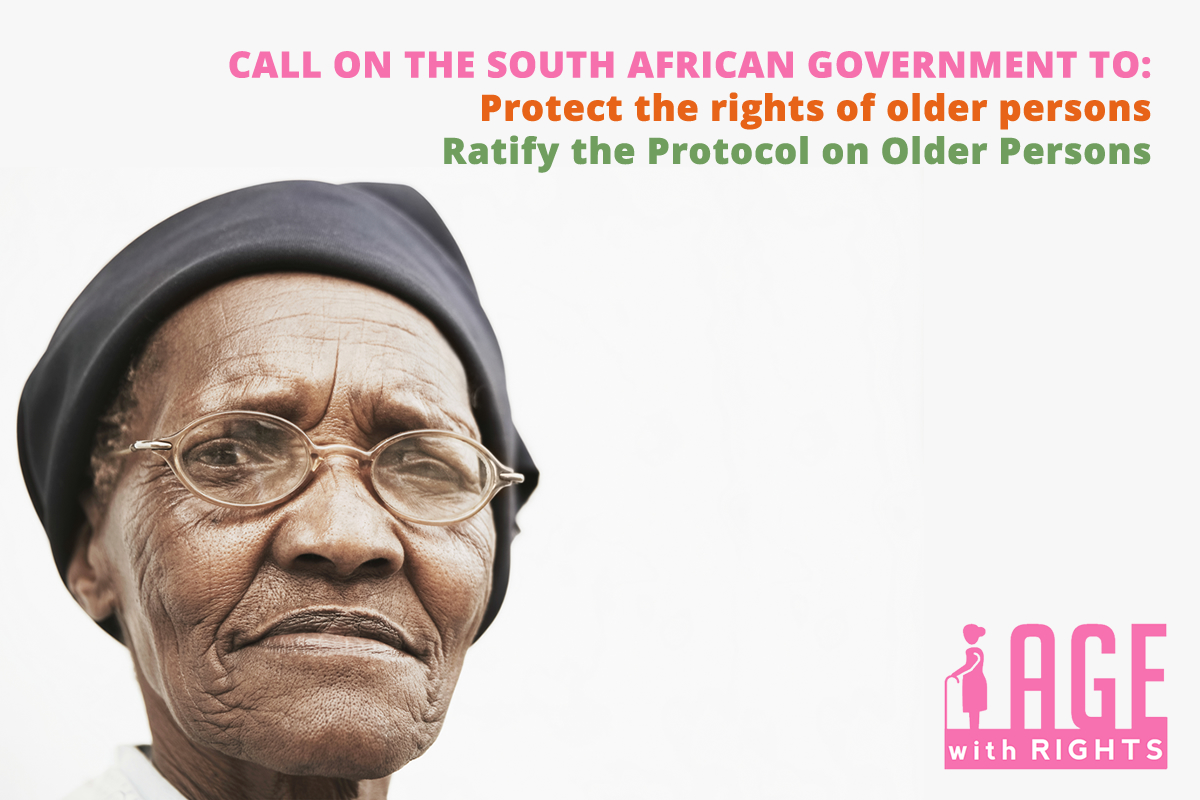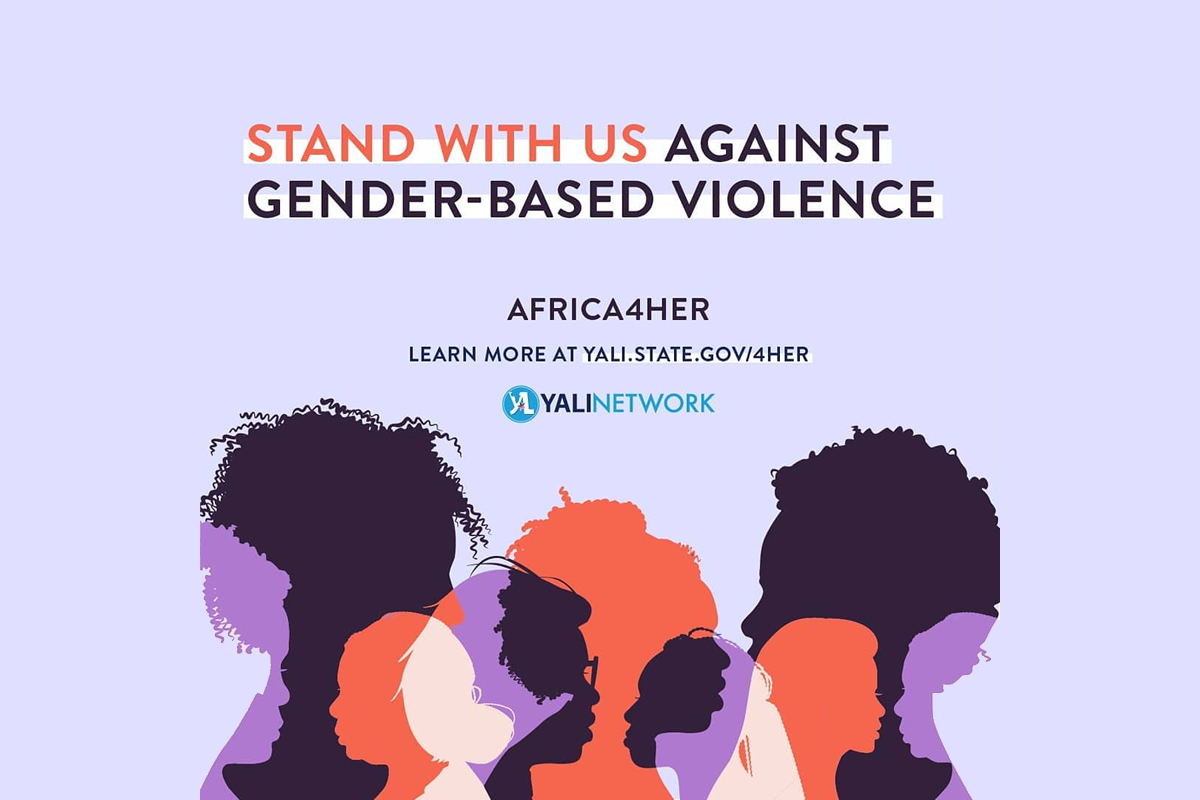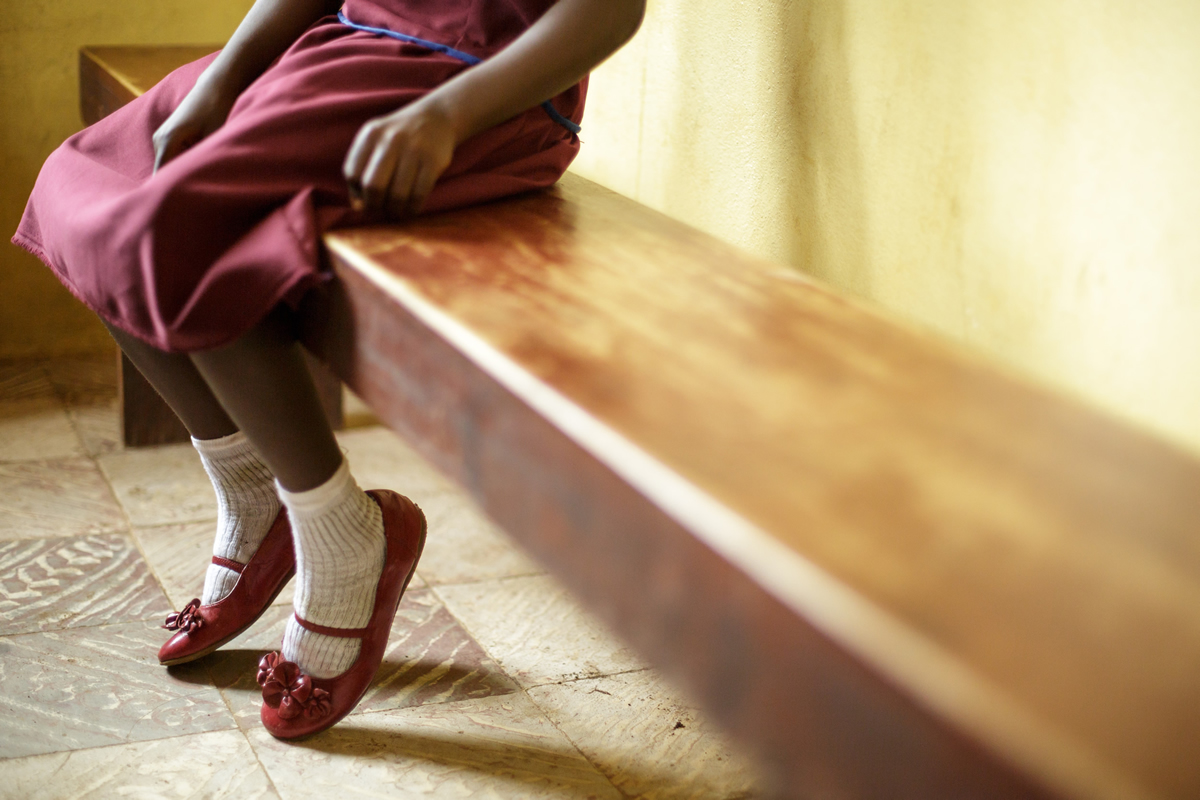- Details
The African Charter on Human and Peoples’ Rights (African Charter) is a powerful human rights response to violations and occurrences across the continent. Such human rights violations include the outbreaks of conflicts and civil wars in countries such as Liberia. The Republic of Liberia ratified the African Charter in 1982 and its supplement instrument – The Protocol to the African Charter on Human and Peoples Rights on the Rights of Women in Africa (Maputo Protocol) in 2007.
- Details
In June 2017, Mauritius ratified the Protocol to the African Charter on Human and Peoples’ Rights on the Rights of Women in Africa (Maputo Protocol). In accordance with Article 26 (1) of the Maputo Protocol, the country has to submit its initial report at the 65th Session of the African Commission in October 2019.
- Details
Forced sterilisation and the status of women in society
In conversation with Ms Saoyo Tabitha Griffith
- Details
Liberia is one of the poorest countries in the world, and its economy is extremely underdeveloped, largely due to the First Liberian Civil War in 1989-96. The World Bank’s recent information on the poverty rate in Liberia indicates that around 63% of the country lives on less than $1.90 per day. The alarming poverty rate in Liberia cripples growth and exacerbates other issues such as poor infrastructure, inadequate human and financial resources which are ubiquitous in the country. These challenges affect the delivery of essential services such as health, education, and other developmental programmes. In addition, the lack of both financial and human resources has hampered the country’s ability to meet its reporting obligations to the African Commission on Human and Peoples Rights (African Commission).
- Details
Securing family and women’s rights through an African response
In conversation with Prof Fareda Banda
- Details
On 6 June 2019, the Centre for Human Rights, University of Pretoria, held an advocacy meeting on the ratification of the Protocol to the African Charter on Human and Peoples Rights on the Rights of Older Persons in Africa (Older Persons Protocol) in Liberia. The event was held in collaboration with HelpAge International, the Global Alliance, the Ministry of Justice and the Ministry of Gender to sensitise Liberia on the Older Persons Protocol and urge them to ratify it. The meeting was held at the Golden Key Hotel, Monrovia. This forms part of the Centre’s ongoing #AgeWithRights campaign to enhance the protection of older persons, focusing specifically on the rights of older women.
- Details
The Women's Rights Unit at the Centre for Human Rights, University of Pretoria, coordinated a 4-day state reporting workshop from 26 to 30 May 2019 in the Kingdom of Eswatini. The aim of the workshop was to draft the State Party Report to the African Commission on Human and Peoples Rights (African Commission). The report is in two parts, with part A focusing on the African Charter on Human and Peoples’ Rights (African Charter) and part B on the Protocol to the African Charter on Human and Peoples’ Rights on the Rights of Women in Africa (Maputo Protocol). The meeting was hosted by the Ministry of Justice in Mambane, Eswatini in collaboration with the Centre for Human Rights.
- Details
The Centre for Human Rights (the Centre), University of Pretoria, calls on the South African government to enhance the protection for older persons; and to ratify the Protocol to the African Charter on Human and Peoples’ Rights on the Rights of Older Persons in Africa (Protocol on Older Persons).
- Details
On Monday 13 May 2019, the Centre for Human Rights, University of Pretoria, hosted participants on the Young African Leaders Initiative (YALI). Approximately fifty youth leaders and two YALI facilitators attended the programme, representing a number of countries in Southern Africa, including Botswana, Eswatini, Kenya, Mozambique, Mozambique, Madagascar, Malawi, Namibia, South Africa and Zimbabwe. The Centre was represented by the Women’s Rights Unit (Ade Johnson and Lydia Chibwe), the SOGIESC Unit (Geoffrey Ogwaro), the Disability Rights Unit (Dianah Msipa) and the Communications and Marketing team (David Ikpo).
- Details
(By Satang Nabaneh)
Female Genital Mutilation (FGM) is a widespread and pervasive human rights violation experienced by women and girls. FGM refers to all procedures “involving partial or total removal of the external female genitalia or other injury to the female organs for non-medical reasons.”[1] It is estimated that more than 200 million women and girls have been cut in thirty countries across Africa, the Middle East, and Asia where FGM is concentrated. Another estimated 3 million girls are at risk of FGM annually.[2] The World Health Organization (WHO) has also estimated that 100 to 140 million women and girls worldwide are currently living with the consequences of FGM. It is mostly carried out on young girls at some point between infancy and the age of fifteen years old. In Africa, an estimated 92 million girls from ten years of age and above have undergone FGM.[3]

